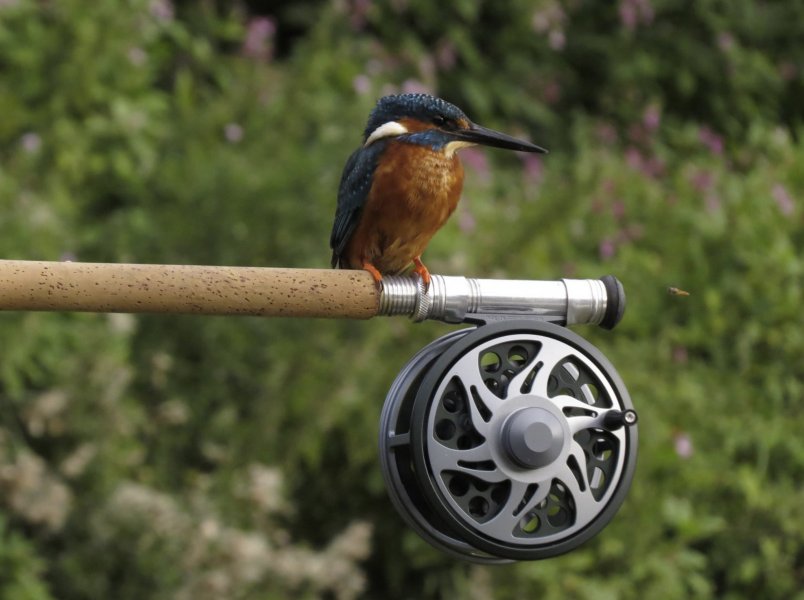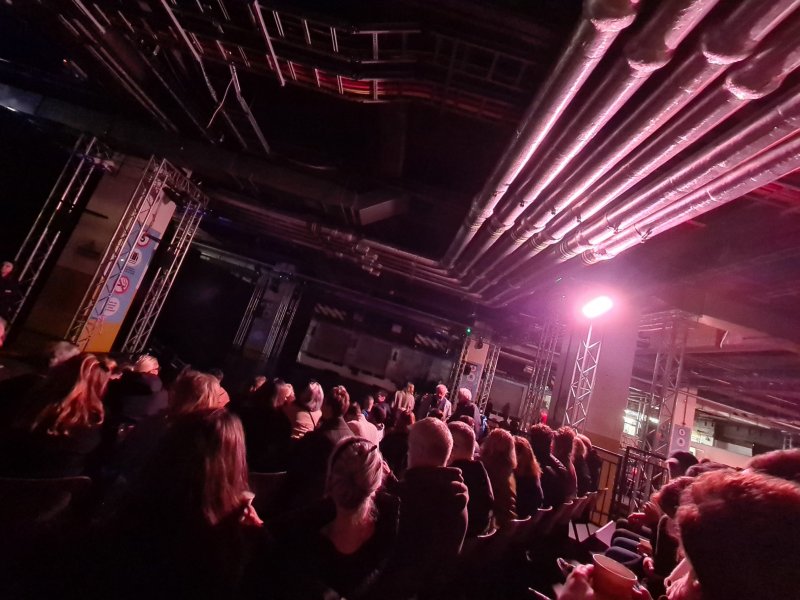No doubt Lee. My point is that before online audio forums became a popular way to discuss audio related topics, writers at the magazines came up with terms to describe sound. They defined those terms, presented them to us, and used them in their reviews. Our language adopted the new lexicon. Sound was picked apart and dissected, analyzed and written about. The writers PRESENTED the terms to an audience. There was no opportunity to discuss or disagree. There was more or less one voice, and many accepted it. I suspect there were exceptions too.
Today is different. With online audio forums, hobbyists come together to discuss, argue, and evolve their opinions. Members of industry join in because it is where the action is. People can point to the glossary of terms as a reference, but some have a different perspective. They share that perspective and it sparks debate. This is healthy and refreshing, and it is certainly different from the way it was. It also leads to learning when more voices are suddenly involved in the discussion.
I am not swiping at the mainstream press at every turn. I am making an observation. There is a place for both the press and the hobbyists, and people are free to choose what they read and by whom they are influenced. The press is also expanding and evolving as it sees opportunities on sites like this one, on YouTube, and on the net in general. Yes, it is a good thing.










